|
|
|
Agriculture Commission Chair / Members |
To download agenda click here Chair: Vikas Nath, Associate Director, Future of the United Nations, Project, Canada/Switzerland e-mail :
This e-mail address is being protected from spam bots, you need JavaScript enabled to view it
AGRICULTURE COMMISSION SESSIONS World Information Technology Forum (WITFOR) 2012 16-18 April 2012, Vigyan Bhavan, Delhi, India www.witfor.org
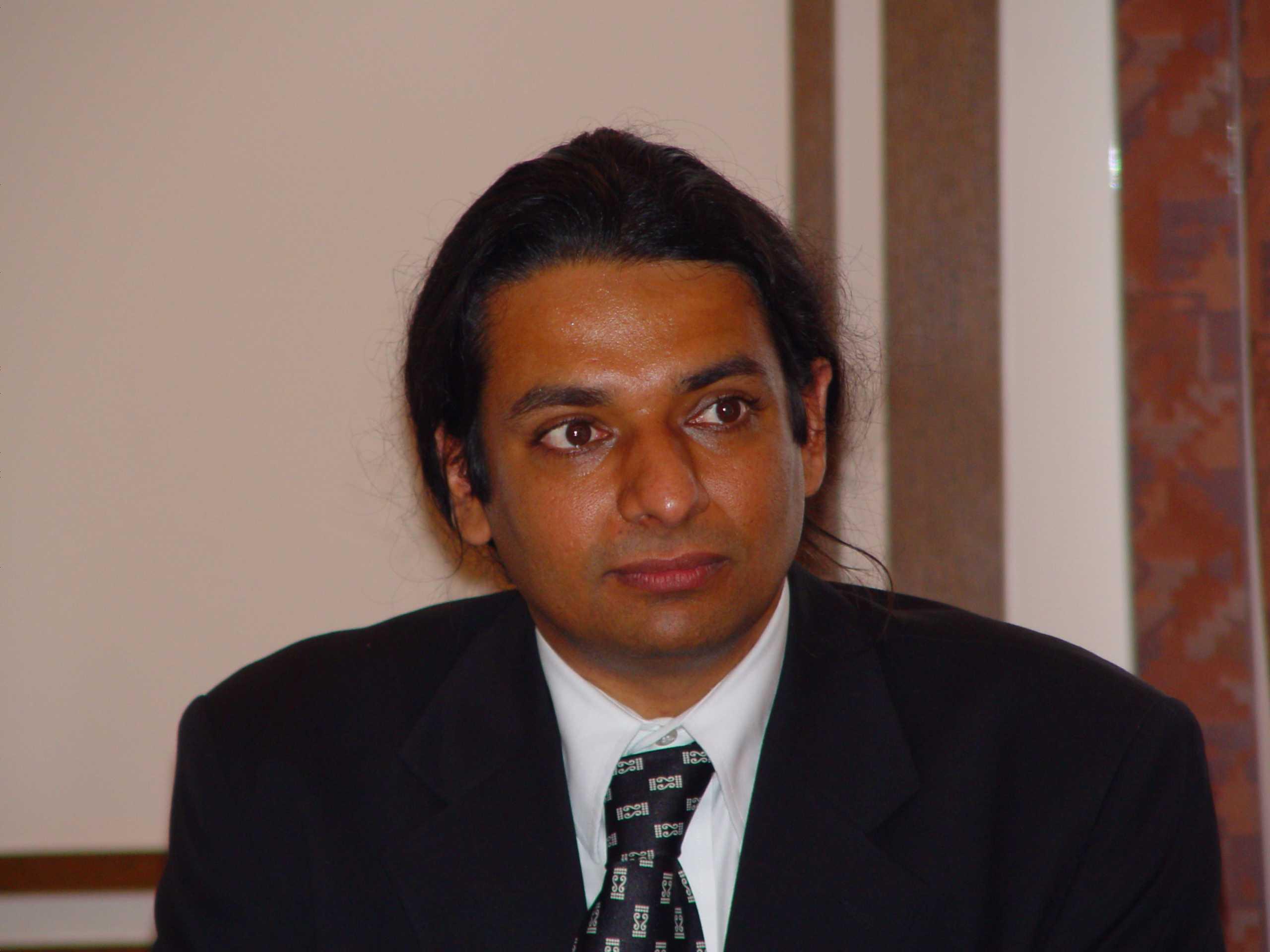
Chair: Vikas Nath, Associate Director, Future of the United Nations, Project, Canada/Switzerland e-mail :
This e-mail address is being protected from spam bots, you need JavaScript enabled to view it

Co-Chair: Sanjeev Gupta, Joint Secretary, Ministry of Agriculture, Government of India Agriculture produces three key outputs for developing countries: food, employment, and trade (domestic and international). These outputs contribute directly to national development goals of ensuring food security, ending poverty and fueling economic growth. No developing country can pursue a strong and independent national development strategy without taking care of the agriculture sector and the people dependent on it.
Yet, we are witnessing a decline in attention and investment (eg: on research and development, infrastructure, appropriate technologies, communication and extension) in the agricultural sector. Farmers, farm workers and artisans who depend on agriculture remain poorer than those working in other sectors of the economy. Massive migration continues to happen from rural to urban areas, as villages areas remain under-developed and lacking opportunities, especially for youths.
We have sent men on moon and almost 1 billion people around the globe to join Facebook, and yet agriculture in developing countries remains at the mercy of fundamental factors including poor quality of weather information, lack of access to capital, improved seeds and technology, unavailability of land records, and now the increasing threat of climate change. If we are serious about sustainable national and human development, then we have to put the focus back on rural and agriculture development and peasantry producers as nation builders.
It is with this background the WITFOR Agriculture Commission aims to assess the role, information and communication technologies (ICTs) can play in the agriculture sector. Moving away from the rhetoric and hyped up claims on benefits of ICTs, the Commission wishes to address the following questions:
| Session 1: April 17, 2012 12:30 pm – 1:30 pm Is there hunger for Information Technology in Agriculture? “From Green Revolution to IT Revolution in Agriculture” | | Increasing agriculture productivity, ensuring food security and trade are a key priority for most developing countries. Nevertheless agriculture sector remains constrained by issues of access to land, capital, markets, knowledge, appropriate technologies, and immense institutional weaknesses. Can information technology which is bringing enormous changes around us, transform the agriculture sector? Is there real hunger for information technology in agriculture?
Chair: Vikas Nath, Associate Director, Future of the United Nations Project, Canada/Switzerland
Speakers:
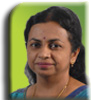 Bisant Yookarajah, Senior Director, Federal Agriculture Marketing Authority ,Malaysia Leveraging on ICTs to improve the market information system for agriculture in Malaysia  Rita A. Teaotia, Additional Secretary, Department of Information Technology India "Harnessing IT for Rainfed Agriculture"  Ashok Jhunjhunwala, Indian Institute of Technology India How can local and low-cost ICTs transform the agriculture sector?
| | Session 2: April 17, 2012 2:30 pm – 4:00 pm Can ICT benefit the small farmers? “Putting Farmers First” | | GDP growth from agriculture benefits the incomes of poor people two to four times more than GDP growth in other sectors of the economy. Thus we have a responsibility to ensure the welfare of agrarian and rural communities and to ensure that farming continues to be a viable and profitable livelihoods opportunity for millions of households engaged in it. Can IT make this happen and transform agriculture into an attractive livelihoods opportunity for all?
Chair:Sanjeev Gupta, Joint Secretary, Ministry of Agriculture, Government of India
Speakers:
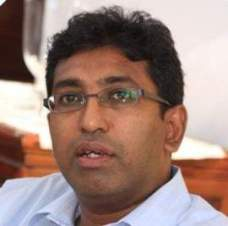 Harsha Silva (Member of Parliament), Consultant Lead Economist, LIRNEasia Sri Lanka Do ICTs make agricultural chains more efficient and benefit the small farmers?
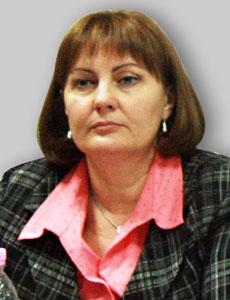 Aurelia Bondari, Executive Director, National AGROinform Federation Moldova Using ICTs to increase agriculture production and linking farmers to markets
 T.P Trivedi, Assistant Director General, Indian Council of Agricultural Research India Krishi Vigyan Kendras (Agriculture Science Centres) 2.0: How integrating ICTs within KVKs increase farm productivity and incomes? 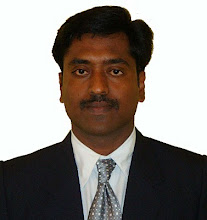 Raj Saravanan, Associate Professor, Central Agricultural University -Meghalaya India The e-Arik project in North-East India: a case study
| | Session 3: April 18, 2012 11:30 am – 1:00 pm Will the Pilots ever fly? “Scaling up and commercialising of ICT-Agriculture models” | | The agriculture sector is littered with hundreds of IT projects which started as pilots and were heralded as the next Microsofts and Apples of agriculture development. But most disappeared once the funding got over and failed to scale up or have a lasting impact.
We need to constantly assess the impact and sustainability of ICT-enable interventions. Are there are any lessons? How do we scale up and sustain ICT for agriculture projects? Will the pilots ever fly?
Chair: Vikas Nath, Associate Director, Future of the United Nations Project, Canada/Switzerland Speakers:
 Neil Mylet, Chief Executive, LoadOut Technologies USA Commercial approach to deploying and scaling up ICT applications in agriculture  Srinivas Garudachar, Director –Strategic Business Development, Grameen Intel Social Business Ltd, India ICTs supporting rural businesses

P.R.Ganapathy, Senior Advisor - Incubation, Villgro India Incubating ICT-enabled enterprises in the agriculture and rural sector
Ranjan Vaidya, The University of Auckland Business School New Zealand How are ICTs influencing stakeholder strategies in agricultural marketing information systems | | Session 4: April 18, 2012 2:00 pm – 3:30 pm Is the future mobile? “NextGen Farming: Future of technology in agriculture”
| | What is the future of ICTs in agriculture in developing countries? Can mobile devices and newer applications transform agriculture and increase livelihoods of farmers?
Speakers: 
Chair and Overview: Sanjeev Gupta, Joint Secretary, Ministry of Agriculture ,India Transforming Indian agriculture using technology  Olaf Hammelburg, Pachamama Coffee Cooperative (Latin America) /Connecting Worlds, Netherlands Linking farmers with consumers via mobiles and marketing cooperatives
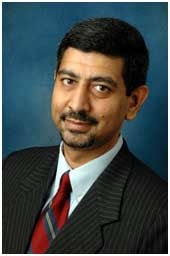 Jawahar Kanjilal, Global Head, Nokia Life Singapore
Public-private partnership and challenges in rolling out ICT interventions in agriculture 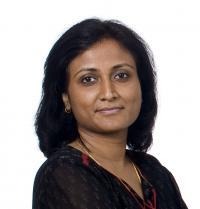 Deepa Bachu, Director, Emerging Market Innovation. Intuit India / Fasal Project India Mobile Outreach: Can it create wealth and opportunities for farmers?
|
For queries, contact:
This e-mail address is being protected from spam bots, you need JavaScript enabled to view it
|
|
|
|
|
|
|
|
|
|
|
 Commissions
Commissions  Agriculture Commission
Agriculture Commission 